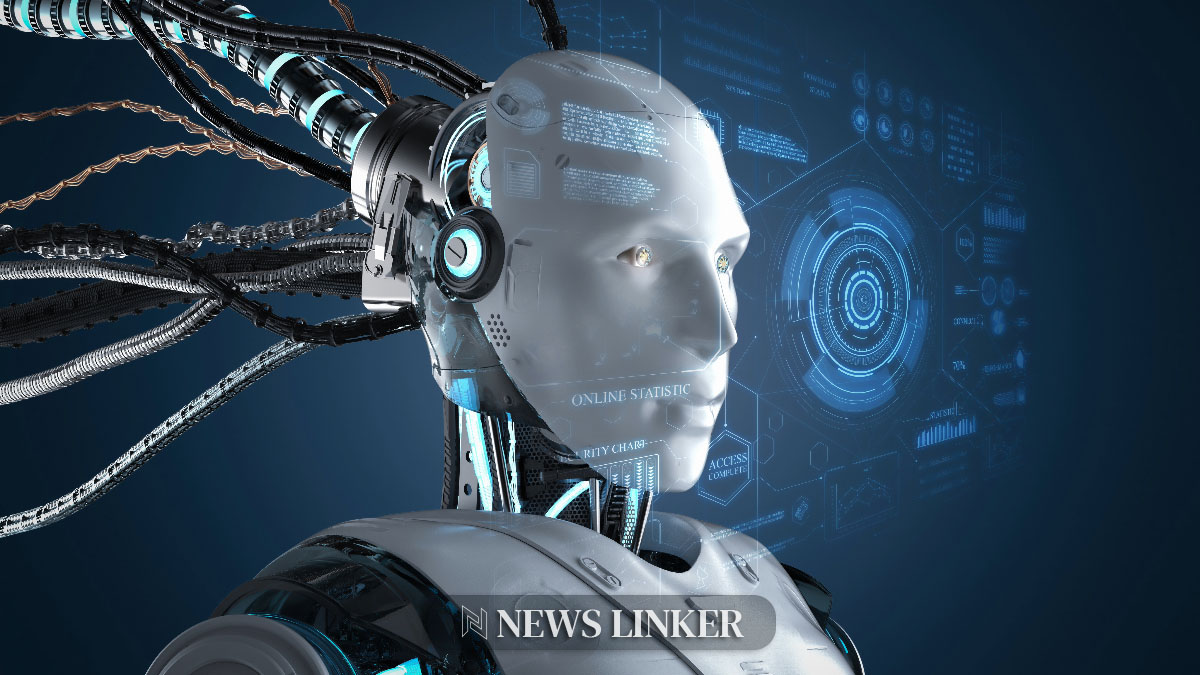In the continually evolving realm of artificial intelligence, digital agents are becoming increasingly capable of performing complex tasks with improved accuracy and efficiency. This enhanced performance is a result of revolutionary autonomous domain-general evaluation models, which have been recently developed to refine digital agent operations. Utilizing these models has led to significant advancements in the adaptability and robustness of digital agents, ensuring they perform effectively even in unfamiliar environments.
Historical developments in the field of digital agents have laid the foundation for this technological leap. Progress has been documented over the years with digital agents gradually improving from simple scripted bots to sophisticated AI systems capable of learning from interactions. These advancements have been critical in paving the way for the development of more complex evaluation models that offer a dynamic assessment of digital agents, beyond the rigid parameters of traditional benchmarks.
What Makes Domain-General Evaluation Models Unique?
The newly proposed domain-general evaluation models differ significantly from traditional benchmarks. Developed by a collaboration between researchers from UC Berkeley and the University of Michigan, these models utilize advanced machine learning techniques to autonomously assess and refine the performance of digital agents. They operate without the need for human oversight, employing a combination of vision and language models to evaluate an agent’s actions across a diverse range of tasks. This approach not only ensures a more nuanced understanding of agent capabilities but also aligns with the dynamic nature of real-world interactions.
How Do These Models Improve Agent Performance?
The effectiveness of these evaluation models has been demonstrated through rigorous testing, showing a remarkable improvement in digital agent performance. There are two primary methods employed: a fully integrated model and a modular two-step evaluation process. The integrated model directly assesses agent actions from user instructions and screenshots, while the modular method promotes transparency by converting visual inputs into textual descriptions before evaluation. This adaptability has resulted in up to a 29% improvement on standard benchmarks like WebArena and a 75% increase in accuracy for domain transfer tasks.
What Does Scientific Research Say?
A scientific paper in the Journal of Artificial Intelligence Research titled “Evaluating Interactive Agents” correlates with the subject at hand, explaining the methodologies for assessing the performance of interactive agents in complex environments. The paper highlights the importance of context-aware evaluation and the adaptation of agents to diverse user instructions, which is echoed in the breakthroughs achieved by the new evaluation models.
Points to Consider:
- Domain-general evaluation models autonomously improve agent actions.
- Models have boosted agent success rates significantly across various benchmarks.
- Adaptive AI technologies are now closer to being broadly implemented in digital platforms.
The research on domain-general evaluation models marks a significant stride toward overcoming the challenges associated with digital agents encountering complex or unfamiliar environments. By autonomously refining digital agent actions, these models have demonstrated the incredible potential of adaptive AI technologies. The advancements made in the field signal a turning point in digital agent reliability and offer a glimpse into the future of efficient, autonomous digital interaction across various platforms.
Overall, the development and implementation of domain-general evaluation models have the potential to revolutionize the use of digital agents. This technology promises to streamline and enhance digital interactions, making digital agents an indispensable asset for users and businesses alike, by offering a blend of improved accuracy, efficiency, and adaptability.










